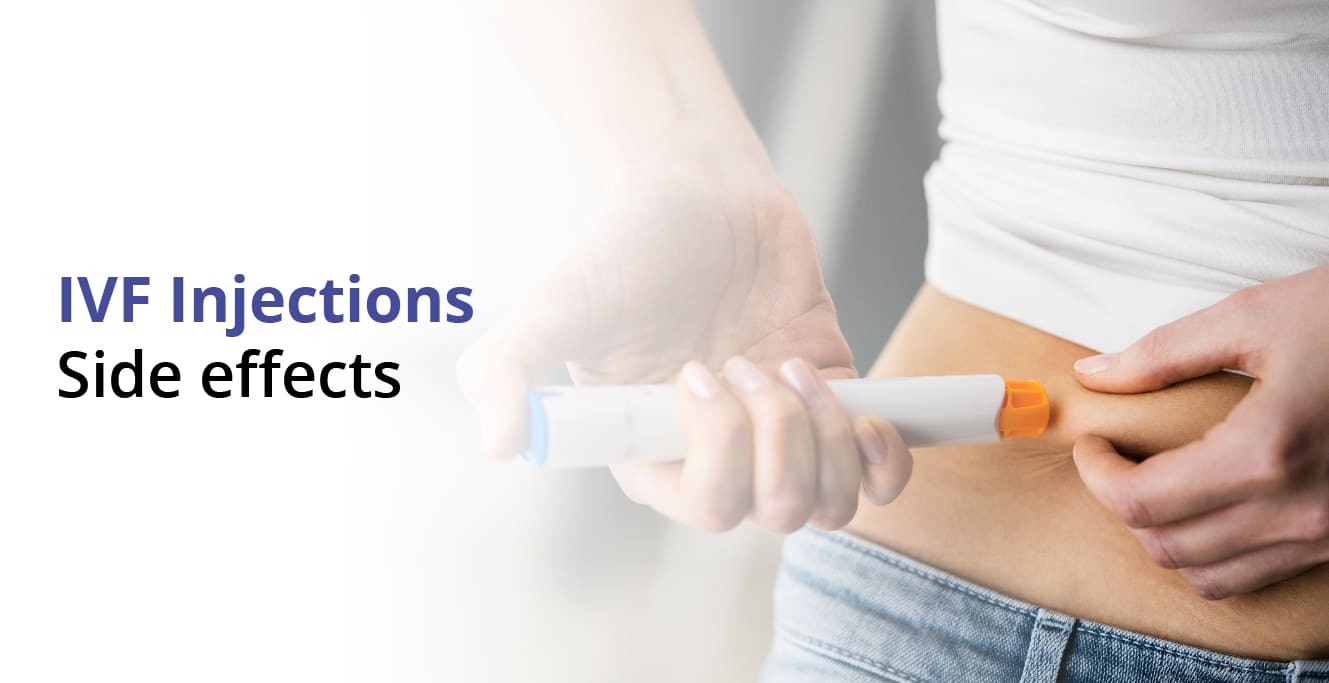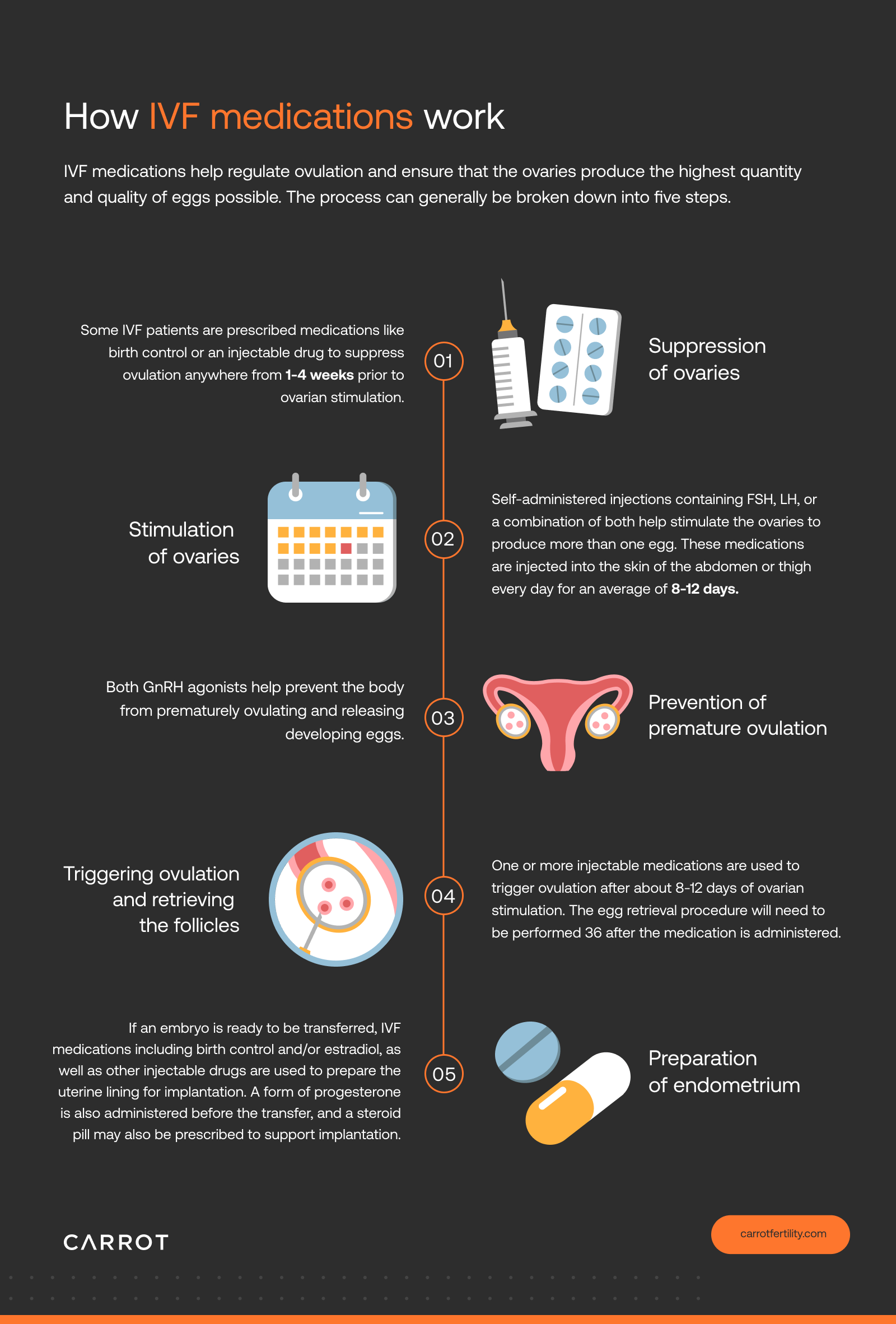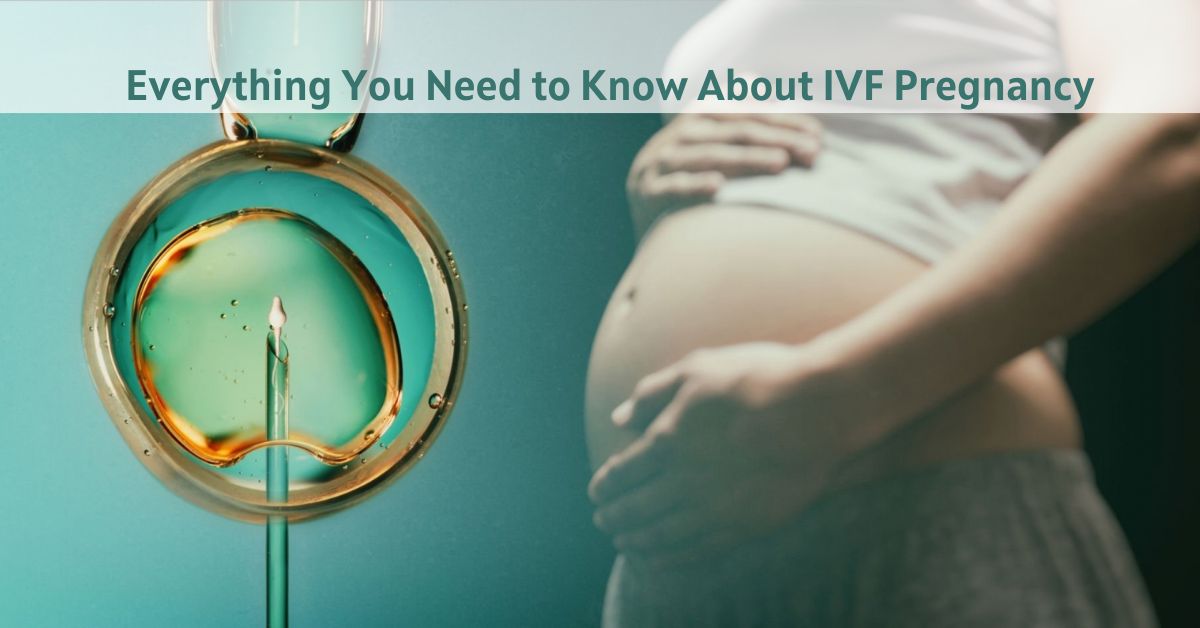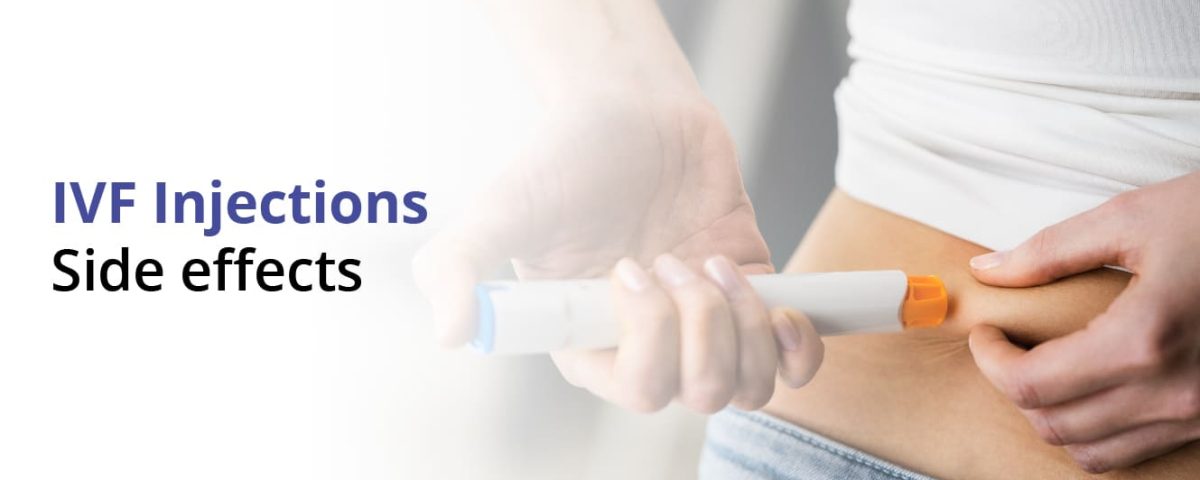
IVF on Reddit: A Deep Dive into the Community, Secrets, and Support You Didn’t Know You Needed
April 7, 2025IVF Medications: Everything You Need to Know About the Drugs That Make Miracles Happen
Hey there! If you’re reading this, chances are you’re curious about IVF (in vitro fertilization) medications—those little vials and pills that play a huge role in helping people build their families. Maybe you’re starting your own IVF journey, or perhaps you’re just fascinated by the science behind it. Either way, you’re in the right place! We’re diving deep into the world of IVF meds—way beyond the basics—to uncover the stuff most people don’t talk about, like the quirky side effects, the latest research, and practical tips to make the process smoother. Think of this as your ultimate guide, written just for you, in a way that’s easy to follow and packed with surprises.
Let’s get started!

What Are IVF Medications, Anyway?
IVF medications are the unsung heroes of the fertility world. They’re drugs designed to help your body prepare for IVF by boosting egg production, timing ovulation, and getting your uterus ready for a baby. It’s like giving your reproductive system a gentle nudge—or sometimes a big push—to do its thing in a way nature didn’t quite plan.
Here’s the basic rundown:
- Purpose: These meds help grow multiple eggs, control when they’re released, and support a pregnancy.
- How They Work: They tweak your hormones—think of them as tiny conductors orchestrating a symphony in your ovaries and uterus.
- Who Uses Them: Anyone going through IVF, whether it’s because of infertility, age, or even to freeze eggs for later.
But here’s something cool most folks don’t know: these drugs were originally developed for totally different reasons! For example, some started as treatments for cancer or menopause before doctors realized they could help with fertility. Talk about a plot twist!
The Main Players: Common IVF Medications You’ll Meet
There’s a whole lineup of IVF meds, and each one has its own job. Let’s break them down so you know what you’re dealing with. Don’t worry—we’ll keep it simple and fun!
1. Follicle-Stimulating Hormone (FSH) Drugs
- Core Job: Grow lots of eggs in your ovaries.
- Popular Names: Gonal-F, Follistim, Bravelle.
- How It Feels: You might inject these daily with a tiny needle. Some say it’s like a quick pinch—annoying but doable.
Fun Fact: FSH is like a cheerleader for your follicles (the sacs where eggs grow). Normally, your body picks just one egg a month, but FSH says, “Let’s get the whole squad ready!” Studies show women using FSH can grow 8-15 eggs per cycle, way more than the usual one.
Tips:
✔️ Keep your meds in the fridge—cold FSH stings less!
❌ Don’t skip doses; your ovaries need consistency.
2. Luteinizing Hormone (LH) Boosters
- Core Job: Help eggs mature and pop out at the right time.
- Popular Names: Menopur (a mix of FSH and LH), Ovidrel.
- How It Feels: Another shot, often paired with FSH.
Did You Know?: LH is the hormone that naturally triggers ovulation. In IVF, doctors use it to time things perfectly—like hitting “send” on an email at just the right moment. Research from 2023 shows combining FSH and LH can increase egg quality, especially if you’re over 35.
Tips:
✔️ Time your shots at night—your body’s rhythm loves it.
❌ Don’t stress if you feel a little moody; it’s normal!
3. GnRH Agonists (The Brakes)
- Core Job: Stop your body from ovulating too soon.
- Popular Names: Lupron, Synarel.
- How It Feels: Shots or a nasal spray—your choice!
Secret Scoop: These meds put your natural cycle on pause so the doctor can take the wheel. It’s like hitting the brakes before a big turn. Some women say Lupron makes them feel like they’re in a fog—think “brain on vacation” vibes.
Tips:
✔️ Pair nasal sprays with a hydrating mist—your nose will thank you.
❌ Don’t panic about hot flashes; they’re temporary.
4. GnRH Antagonists (The Quick Stop)
- Core Job: A faster way to prevent early ovulation.
- Popular Names: Cetrotide, Ganirelix.
- How It Feels: A quick shot, usually later in the cycle.
Why It’s Cool: Unlike agonists, antagonists work instantly—no waiting around. A 2024 study found they might lower the risk of ovarian hyperstimulation syndrome (OHSS), a rare but serious side effect where your ovaries go into overdrive.
Tips:
✔️ Ice the spot before injecting—less ouch!
❌ Don’t double up if you miss a dose; call your doc instead.
5. The Trigger Shot (HCG or Lupron)
- Core Job: Tell your eggs, “It’s go time!”
- Popular Names: Pregnyl, Novarel, or a Lupron trigger.
- How It Feels: One big shot, then it’s egg retrieval time!
Surprise Alert: HCG mimics pregnancy hormones, which is why some women feel bloated or even get a faint positive on a pregnancy test before retrieval. Sneaky, right? Experts say timing this shot within 36 hours of retrieval is key for the best egg haul.
Tips:
✔️ Set an alarm—timing is everything.
❌ Don’t exercise hard after; rest up!
6. Progesterone (The Cozy Blanket)
- Core Job: Prep your uterus for an embryo.
- Popular Names: Crinone (gel), Prometrium (pills), or shots.
- How It Feels: Shots can be sore; gels are messy but easier.
Little-Known Perk: Progesterone is like a warm hug for your uterus, making it soft and sticky for an embryo. A 2023 study showed oil-based progesterone shots might boost pregnancy rates by 10% compared to gels—worth the extra effort?
Tips:
✔️ Warm the oil shot with your hands—less sting.
❌ Don’t skip it, even if you hate the mess.
How Do These Meds Actually Work Together?
Imagine your IVF cycle as a movie production. FSH and LH are the directors, growing and maturing your eggs. GnRH drugs are the editors, keeping everything on schedule. The trigger shot yells “Action!” for ovulation, and progesterone sets the stage for the embryo’s big debut. It’s a team effort, and every drug has its moment to shine.
Here’s a quick timeline:
- Day 1-10: FSH/LH to grow eggs.
- Day 5-12: GnRH to control timing.
- Day 12-ish: Trigger shot for release.
- Post-Retrieval: Progesterone for implantation.
Science Bit: A 2024 fertility journal found syncing these meds can increase success rates by 15% compared to older protocols. Pretty neat, huh?
Side Effects: The Good, The Bad, and The Weird
Let’s be real—IVF meds can throw some curveballs. Most people know about bloating or mood swings, but there’s more to the story. Here’s what you might not hear at the clinic:
Common Side Effects
- Bloating: Your ovaries are working overtime, so you might feel like a balloon.
- Moodiness: Hormones can turn you into a rollercoaster—happy one minute, crying over a dog commercial the next.
- Tiredness: Growing eggs is exhausting!
Quirky Ones Nobody Talks About
- Super Smell Powers: Some women say they can smell everything—like a pregnancy superpower early on!
- Dream Overload: Progesterone can give you wild, vivid dreams. Ever dreamed you’re a superhero? Blame the meds!
- Food Cravings: One woman swore she craved pickles and ice cream—without being pregnant yet!
Rare but Serious
- OHSS: Too many eggs can swell your ovaries. Signs? Severe pain or rapid weight gain. Call your doctor ASAP.
- Allergies: Tiny chance of a reaction—redness or itching at the shot site.
Expert Quote: Dr. Jane Miller, a fertility specialist, says, “Most side effects are mild and fade fast, but listen to your body. If something feels off, don’t wait to reach out.”
Tips:
✔️ Track symptoms in a journal—patterns help your doc tweak doses.
❌ Don’t tough it out with severe pain; get help.
Latest Research: What’s New in IVF Meds?
Science is always moving, and IVF meds are no exception. Here’s what’s hot off the press in 2025:
1. Personalized Dosing
- What’s Up: New studies use AI to tailor doses based on your age, weight, and hormone levels.
- Why It Matters: A 2024 trial showed a 12% higher success rate with custom plans.
- Action Step: Ask your clinic if they use predictive tools—some are cutting-edge!
2. Less Invasive Options
- What’s Up: Researchers are testing oral drugs to replace some shots.
- Why It Matters: Fewer needles = less stress. Early results from 2023 suggest they’re promising for mild cases.
- Action Step: Chat with your doctor about oral FSH trials.
3. Natural Boosters
- What’s Up: CoQ10 and DHEA supplements might improve egg quality when paired with meds.
- Why It Matters: A 2024 study found CoQ10 upped live birth rates by 8% in women over 38.
- Action Step: Check with your doc before adding supplements—safety first!
Practical Tips: Making IVF Meds Work for You
You’ve got the science—now let’s get practical. Here’s how to handle IVF meds like a pro:
Step-by-Step Injection Guide
- Prep: Wash hands, grab an alcohol wipe, and set up on a clean surface.
- Mix: Some meds need mixing—follow the nurse’s demo (YouTube’s great too!).
- Pinch: Pinch your belly or thigh, inject at a 90-degree angle.
- Dispose: Use a sharps container—safety first!
Coping Hacks
- Mood Swings: Try deep breathing or a funny movie—laughter’s the best med.
- Bloating: Loose pants and herbal tea (peppermint rocks) ease the puff.
- Needle Nerves: Play music or have a buddy distract you.
Storage Cheat Sheet
| Med | Where | Temp | Tip |
|---|---|---|---|
| Gonal-F | Fridge | 36-46°F | Let it warm up a bit |
| Lupron | Room temp | 68-77°F | Keep it dark |
| Progesterone | Room temp (oil) | 68-77°F | Avoid heat spikes |
Pro Tip: Set a phone reminder for doses—missing one can throw off the whole plan!

Busting Myths: What’s True About IVF Meds?
There’s a lot of chatter out there—let’s clear the air:
- Myth: “IVF meds cause cancer.”
- Truth: Decades of research (like a 2023 review) show no solid link to ovarian or breast cancer. Phew!
- Myth: “They make you gain tons of weight.”
- Truth: Bloating’s real, but it’s temporary—not permanent pounds.
- Myth: “Natural is better than meds.”
- Truth: Natural cycles work for some, but meds boost egg numbers—key for IVF success.
Expert Quote: Dr. Sarah Kim, a reproductive endocrinologist, notes, “Myths can scare people, but the data backs these meds as safe and effective for most.”
The Emotional Side: How Meds Mess With Your Mind
IVF meds don’t just tweak your body—they can shake up your feelings too. Here’s what to expect and how to roll with it:
Why It Happens
Hormones like estrogen and progesterone aren’t just for baby-making—they affect your brain. Spikes can make you weepy, anxious, or even giddy.
Real Stories
- Jess, 32: “I cried over a burnt toast one day—then laughed about it!”
- Mike, 39: “My wife was a rollercoaster, but we got through it with hugs and patience.”
Survival Kit
✔️ Talk it out—friends, a therapist, or online groups like Reddit’s r/IVF.
✔️ Move a little—yoga or walks calm the storm.
❌ Don’t bottle it up—emotions need air!
Costs and Access: What’s the Deal?
IVF meds aren’t cheap, but there’s more to know than just the price tag:
Price Breakdown
- FSH/LH: $50-$100 per dose, 10+ doses per cycle.
- Trigger Shot: $100-$200.
- Progesterone: $50-$150 for a month.
- Total: $1,000-$5,000 per cycle, depending on your plan.
Hidden Savings
- Insurance: Some states (like California in 2024) now cover more fertility costs—check your policy!
- Pharmacies: Specialty ones like MDR or Freedom Fertility offer discounts.
- Extras: Leftover meds from others (with a doc’s OK) can cut costs.
Action Step: Call your insurance and ask, “What’s covered for IVF meds?” You might be surprised!

Beyond the Basics: Unexplored Corners of IVF Meds
Most articles stop at the obvious, but let’s dig deeper:
1. Meds and Your Microbiome
- What’s New: A 2024 study suggests progesterone might shift your gut bacteria, affecting implantation.
- Why Care: A healthy gut could mean better odds—crazy, right?
- Try This: Add yogurt or probiotics (with doc approval).
2. Men and Meds
- What’s Up: Guys sometimes take Clomid or HCG to boost sperm.
- Fun Fact: It’s like FSH for women—revving up the engine!
- Tip: Couples syncing meds can bond over shots—teamwork!
3. Long-Term Effects
- Truth: Most women bounce back post-IVF, but some report lingering fatigue. Research is still catching up.
- Stay Ahead: Regular check-ins with your doc keep you in the clear.
Your IVF Meds FAQ: Quick Answers to Big Questions
Got questions? We’ve got you covered:
- Q: Can I drink coffee on these meds?
- A: A cup’s fine—too much might mess with your nerves, though.
- Q: What if I miss a dose?
- A: Don’t panic—call your clinic for a fix.
- Q: Do they hurt?
- A: A little sting, but most say it’s no biggie after a few tries.
Expert Quote: Dr. Emily Tran, an IVF nurse, says, “Patients often worry about the little stuff, but it’s the big picture—consistency—that counts.”
